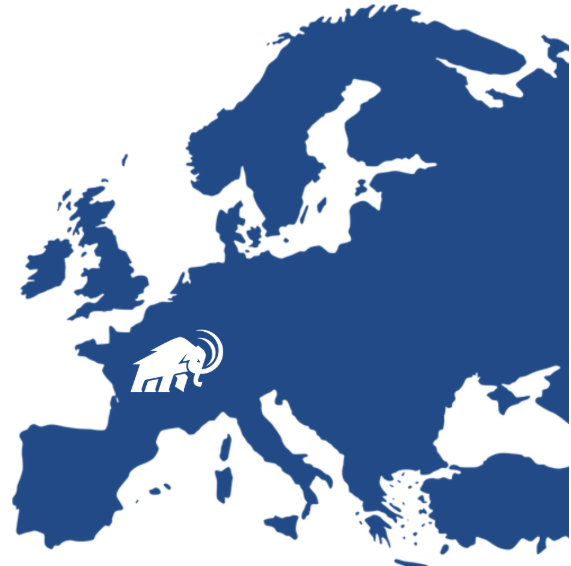Recap of A Sustainable Semester in Paris

Louvre Museum with a Friend
My semester studying in Paris has been an incredible learning opportunity within the context of my Global Sustainability Fellowship position. I began the semester researching sustainable plastic waste initiatives in Biarritz. Biarritz, a small city in the south of France, is where the G7 was most recently held in August 2019. Sustainability was on the G7 agenda; global leaders discussed inclusive ecological transitions, biodiversity erosion, tangible solutions for biodiversity erosion, and financing the preservation of biodiversity. In addition, the G7 organizers worked to minimize their environmental impact by reducing food waste and making recycling accessible. I also researched grassroots sustainability movements in Biarritz such as Ocean Initiatives which organizes global clean-up days.

Pont du Gard Aqueduct in Avignon
My next blog post concentrated on plastic waste in Paris and sustainable developments following the Paris Climate Accords. The French government has partnered with private beverage companies such as Nestle and Coca Cola to implement large plastic waste recycling stations throughout the city in addition to yellow bins on the streets. Beginning in 2020, single-use plastic will be banned in Paris.

A Mammoth in France!
I featured French waterways in a photojournal and most recently, interviewed Parisian locals and other students on my study abroad program about sustainability within their households in comparison with America. Most interviewees remarked opportunities for recycling are less prevalent than the US but that energy conservation (e.g. turning off the lights and using less hot water) are like second nature to Parisians.
The carbon footprint calculator I completed was an eye-opening activity as to which areas of my life contribute the greatest to climate change. This semester, flights and the “secondary” category which encompasses food and drink, mobile phone usage, hotels, and even educational costs, are the two highest values. It was eye-opening to see how little of an impact long-distance trains and the Parisian metro cumulatively have, even though I’ve used the metro at least twice a day since I’ve arrived. As a quick note, I wasn’t able to find the exact usage in my household but the average French household emits 4.6 metric tons of carbon dioxide per capita per year according to the World Bank. As I’m living in an old French apartment I would assume my household’s figures are similar.
When I return to Amherst for my studies this spring, I will definitely have a fresh perspective on the positive aspects of environmental conservation at Amherst and where there is room for improvement. Energy conservation will be the #1 sustainability issue on campus I work to address along with awareness of what goes into products we use and foods we consume, the “Bio”/organic movement is taking off in France right now.
I hope you enjoyed reading about the research I’ve done on plastic waste and sustainability in Paris as well as my studies and time enjoying French culture this semester. I hope my blog series proves useful for my classmates on campus and studying abroad, as well as the larger campus community!
À bientot,
Margaret C. Werner
